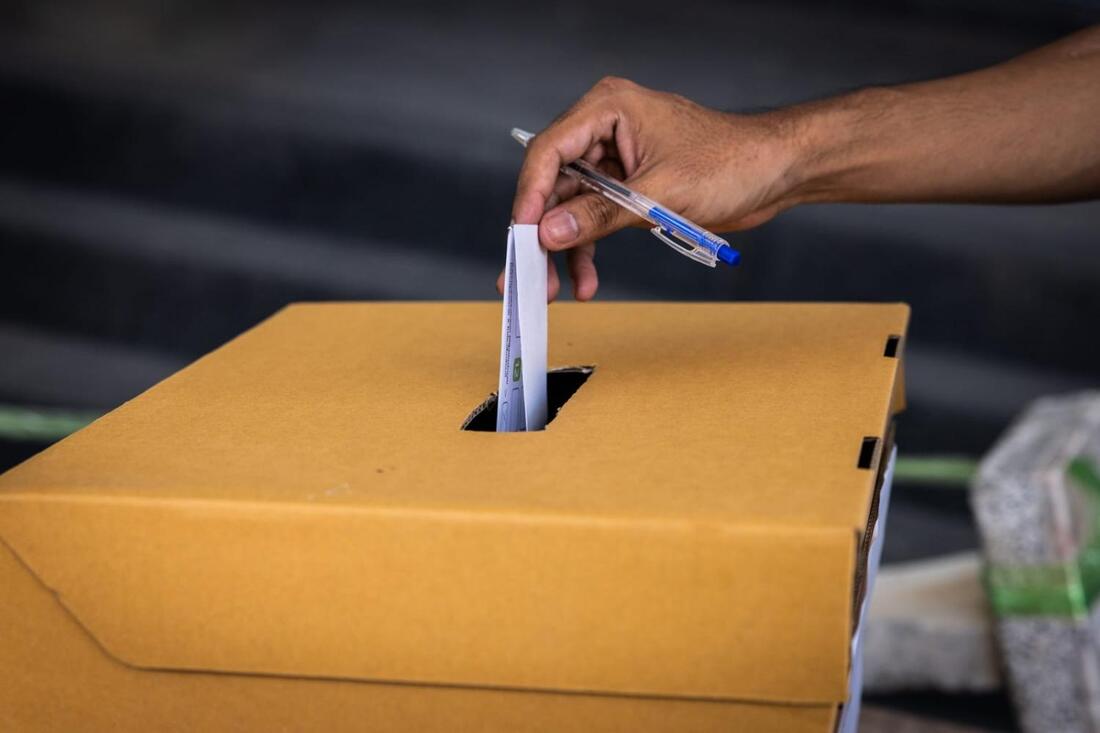The upcoming election in Thailand, set for May 14th, presents a paradoxical situation amidst Southeast Asia's autocrats who seek electoral legitimacy. While Myanmar's junta and Cambodia's Hun Sen aim to hold elections to reinforce their rule, Thailand's contest has a genuine element of contestability, albeit still stacked in favor of conservative elites.
The military-backed conservative coalition has ruled Thailand since the last election in 2019, with Prime Minister Prayut Chan-o-cha at the helm. Prayut has remarkably led Thailand for almost a decade since he spearheaded a military coup against the Yingluck Shinawatra government in May 2014. Although his party was not the most popular in the 2019 election, a military-drafted constitution allowed him to stay in power by giving a large unelected senate a say in appointing the prime minister.
The election outcome's key factor will be how well former Prime Minister Thaksin Shinawatra's Pheu Thai party performs. Thaksin has lived in self-imposed exile since 2008 but remains the driving force behind the party, now led by his daughter Paetongtarn. Pheu Thai's landslide victory, capturing 310 seats, would allow the party to take the prime ministership and dominate a coalition with smaller parties. But it is unlikely, with Move Forward party splitting the anti-establishment vote, despite polling strongly. Move Forward seeks to reform Thailand's constitution, end military conscription, and reform the lese-majeste law.
The military-backed conservative coalition has ruled Thailand since the last election in 2019, with Prime Minister Prayut Chan-o-cha at the helm. Prayut has remarkably led Thailand for almost a decade since he spearheaded a military coup against the Yingluck Shinawatra government in May 2014. Although his party was not the most popular in the 2019 election, a military-drafted constitution allowed him to stay in power by giving a large unelected senate a say in appointing the prime minister.
The election outcome's key factor will be how well former Prime Minister Thaksin Shinawatra's Pheu Thai party performs. Thaksin has lived in self-imposed exile since 2008 but remains the driving force behind the party, now led by his daughter Paetongtarn. Pheu Thai's landslide victory, capturing 310 seats, would allow the party to take the prime ministership and dominate a coalition with smaller parties. But it is unlikely, with Move Forward party splitting the anti-establishment vote, despite polling strongly. Move Forward seeks to reform Thailand's constitution, end military conscription, and reform the lese-majeste law.
Most analysts predict a coalition government involving both Pheu Thai and conservative parties as the likely outcome. General Prawit Wongsuwan, Prayut's deputy, positions himself as the candidate of political reconciliation, mooting the idea of a coalition with Pheu Thai. Pheu Thai is cagey about these prospects, fearful that allying with conservative parties could damage its electoral prospects. Thaksin's majoritarian instincts could destabilize the political situation, but any deal is possible in the pragmatic world of Thai politics.
While Thailand's politics over the past two decades have had a cyclical quality, built up as various political pathways forward were gradually exhausted, there is a sense of exhaustion and fatigue on both sides, favoring relative stability in the short term. However, if Pheu Thai wins decisively, Thaksin's mooted return to Thailand could be a destabilizing factor. Another possible destabilizer is the loss of prerogative for the appointed Senate to vote in selecting the prime minister in May 2024.
On the positive side, the election could be a plus for Thailand's regional role. Pheu Thai indicated it would look positively at the prospect of new free trade agreements and criticized the current Thai government's approach to Myanmar. Progressive politicians could push Thailand towards a more constructive position within ASEAN, which would help Indonesia's diplomacy on Myanmar as it takes on the ASEAN Chairmanship in 2023.
While Thailand's politics over the past two decades have had a cyclical quality, built up as various political pathways forward were gradually exhausted, there is a sense of exhaustion and fatigue on both sides, favoring relative stability in the short term. However, if Pheu Thai wins decisively, Thaksin's mooted return to Thailand could be a destabilizing factor. Another possible destabilizer is the loss of prerogative for the appointed Senate to vote in selecting the prime minister in May 2024.
On the positive side, the election could be a plus for Thailand's regional role. Pheu Thai indicated it would look positively at the prospect of new free trade agreements and criticized the current Thai government's approach to Myanmar. Progressive politicians could push Thailand towards a more constructive position within ASEAN, which would help Indonesia's diplomacy on Myanmar as it takes on the ASEAN Chairmanship in 2023.







